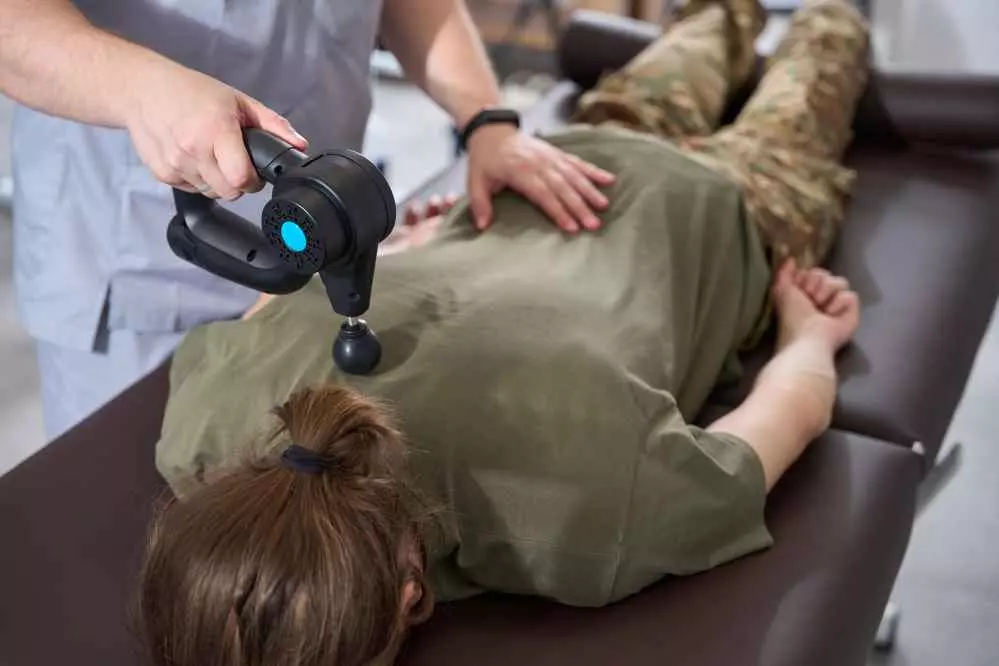Introduction
Sports medicine is a field that combines medical and sports knowledge with the goal of preventing and treating injuries and improving the performance and efficiency of athletes. In clinical practice, sports medicine plays a key role in the diagnosis and treatment of sports-related health problems.
The role of sports medicine
Sports medicine focuses on the health care of athletes in every phase of their training and competition. Its task is to monitor the athlete's health, prevent injuries and provide medical assistance in case of injuries.
One of the important tasks of sports medicine is also to optimize athletes' capabilities through the use of appropriate training and dietary strategies. Doctors specializing in this field are also tasked with monitoring the rehabilitation process and supporting athletes on the road to returning to full fitness.
Diagnosing sports injuries
Diagnosing sports injuries is a key part of sports medicine's work. The sports doctor first collects detailed information about the history of the injury and performs a physical examination of the patient. He or she may then order additional imaging studies, such as MRIs or X-rays, to more accurately assess the extent and nature of the injury.
It is also very important to distinguish a sports injury from a simple muscle soreness or strain. Sports medicine uses advanced diagnostic techniques to accurately determine the source of pain and apply appropriate treatment.
Treatment of sports injuries
In treating sports injuries, sports medicine focuses on using a variety of therapeutic techniques to speed up the healing process and return the athlete to full form.
Common treatment methods include manual therapy, physiotherapy, application of ice and heat, and rehabilitation. In some cases, it may also be necessary to apply a bandage or perform surgery.
Pharmacology also plays an important role, including the use of painkillers, anti-inflammatory drugs or honey used in dressings. Sports medicine also seeks to minimize the risk of complications and long-term effects of injuries.
Preventing sports injuries
Sports medicine also aims to prevent sports injuries by educating athletes, coaches and parents. It is important to properly perform adequate warm-ups before training, ensure proper nutrition, avoid overloading and use proper training techniques.
Doctors specializing in sports medicine can also conduct screening tests to detect possible health problems in athletes early. This allows them to react quickly and prevent serious injuries.
Summary
Sports medicine plays a key role in clinical practice, providing comprehensive health care for athletes. Its task is not only to treat sports injuries, but first and foremost to prevent them. Thanks to sports medicine, athletes can enjoy healthy, effective and long-lasting sports careers.
Add comment